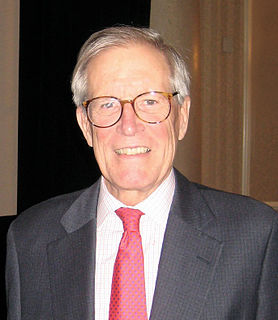A Quote by Malcolm-Jamal Warner
Mr. Cosby wanted to do a show not about an upper-middle-class black family, but an upper-middle-class family that happened to be black. Though it sounds like semantics, they're very different approaches.
Related Quotes
The liberal wing of the feminist movement may have improved the lives of its middle- and upper-class constituency--indeed, 1992 was the Year of the White Middle Class Woman--but since the leadership of this faction of the feminist movement has singled out black men as the meta-enemy of women, these women represent one of the most serious threats to black male well-being since the Klan.
Actually we've had a black bourgeoisie or the makings of a black bourgeoisie for many more decades.In a sense the quest for the emancipation of black people in the US has always been a quest for economic liberation which means to a certain extent that the rise of black middle class would be inevitable. What I think is different today is the lack of political connection between the black middle class and the increasing numbers of black people who are more impoverished than ever before.




































